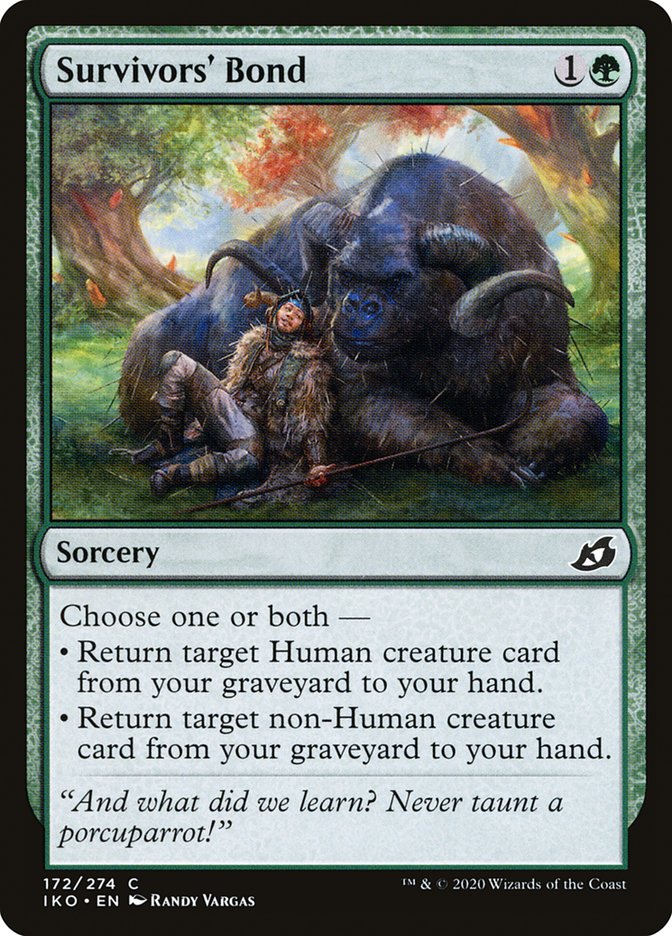Like many people in their mid-thirties, I watched Survivor back when it first aired. It was somewhat of a cultural phenomenon, ushering in an era of reality competition television that is still going strong to this day. I watched about half a dozen seasons and then fell off the wagon. However, during the pandemic I returned to Survivor with a binge-watching vengeance, devouring nearly all 40 (yes that’s right) seasons in a matter of months.
As a kid, I enjoyed Survivor for the challenges. Watching adults compete on these giant obstacle courses was incredibly fun. The rigors of camp life were interesting, but anything resembling social or interpersonal strategy went completely over my head. As an adult and obsessive competitive gamer, it couldn’t be more the opposite. I find the social and strategic gameplay of Survivor fascinating. It’s such a fun show to watch and play along with to try and get inside the mind of the players. And I believe there’s a lot from this game that can be applied to Magic.
I promise this isn’t just a long pitch for you to start listening to my other podcast “Come On In Survivors.” Though, if you’re interested in checking out the show, I do think it makes an excellent companion piece. Even if you’re not a fan or prospective fan of the show, there are things that the best Survivor players do flawlessly that Magic players could definitely stand to learn from.
Like Magic, Survivor is an incredibly well designed game. And like Magic, even though there have been lots of innovations to its design over the more than two decades it’s been around, the core of the game remains the same as it was in its inception. For those unfamiliar with the structure of Survivor, I’ll briefly describe it now.
Survivor is a game played for a prize of $1,000,000. The goal is to be the last person standing to receive that prize by making your way through three stages of the game. Survivor begins as a team game, either with two or three tribes competing against each other in physical and mental challenges. Some of these challenges provide rewards that make your life in the game a little easier either with some creature comforts or food. Other challenges are played for immunity. The winning teams are safe while the losing team must go to tribal council and vote someone out of their tribe. The incentives in this portion of the game are often to keep your strongest teammates around, meaning the ones who will not only help in the day to day of camp life but also help in ensuring you win the next immunity challenge.
At a certain point, usually with about 12 people left, the tribes merge into one group and the game shifts from team strategy to that of the individual. You are no longer competing as a tribe against other tribes for team immunity, you are now competing for individual immunity. Everyone attends tribal council with one person being safe and the rest at risk. However, the key here is that at this point of the game until there are two or three players left, everyone who gets voted out remains in the game as members of the final jury. Once the tribes merge and it becomes an individual game, every person voted out will ultimately have a hand in deciding who wins the million dollar prize.
Which brings us to the third stage of Survivor: the end game. Figuring out your path to make it to the final tribal council and how you are going to make your case to the jury about why you deserve to win is incredibly difficult. You can’t lie, cheat and steal your way to the final tribal council, because no one will grant you the money. But you also don’t want to get to the end with nothing to show for your efforts as a player. The best Survivor players are the ones who navigate these stages of the game with finesse and expertise. They take in new information, anticipate how the game may shift and understand their own position in the game (often referred to as “threat management”). These are concepts that come up in every game of Magic and are fundamentals that every player can improve upon.





